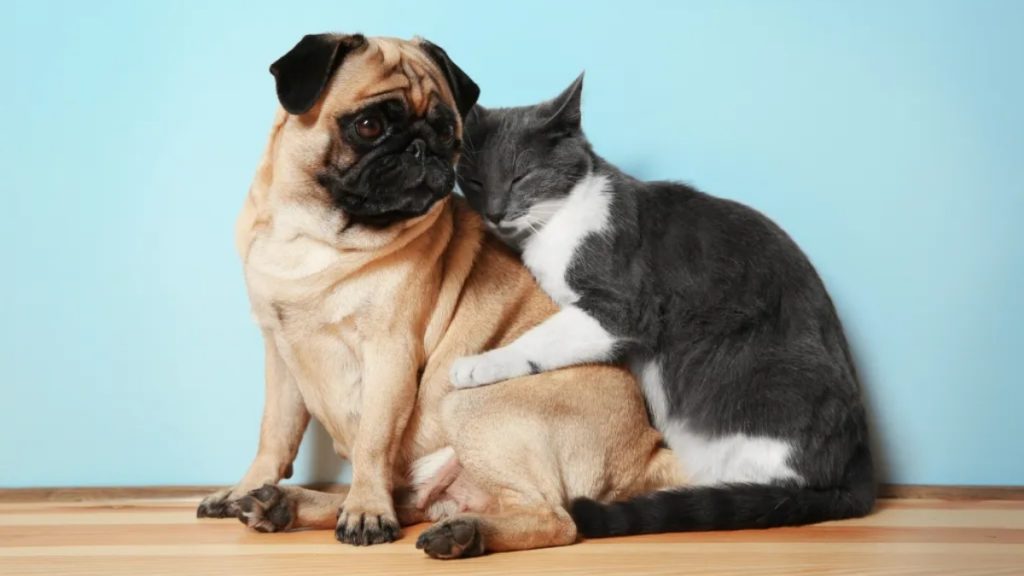Pet insurance has become increasingly popular as pet owners seek ways to manage the often-unpredictable costs of veterinary care. But a common question arises: Does breed play a role in getting pet insurance? The good news is that, in most cases, the answer is yes – any dog or cat breed can typically get pet insurance. However, there are some nuances to consider, which we will explore in this comprehensive guide.
Pet Insurance: The Basics
Pet insurance functions much like health insurance for humans. You pay a monthly premium in exchange for coverage that helps reimburse you for eligible veterinary expenses. There are generally three main types of pet insurance coverage:
- Accident-Only: This covers injuries resulting from accidents like falls, car accidents, or ingestion of foreign objects.
- Accident & Illness: This broader coverage includes accidents plus a range of illnesses, from minor infections to chronic diseases like cancer or diabetes.
- Wellness Add-Ons: These are optional add-ons that can help cover the cost of routine care such as vaccinations, wellness checkups, and dental cleanings.
Breed and Pet Insurance: Is There a Connection?
While most pet insurance providers offer coverage regardless of breed, it’s important to understand that certain breed-specific factors can influence coverage and premiums.
Factors Affecting Pet Insurance Based on Breed
Hereditary Conditions
Certain breeds are predisposed to specific health issues. For instance, German Shepherds are prone to hip dysplasia4, while Pugs can experience breathing difficulties due to their brachycephalic (short-nosed) structure. Pet insurance providers often consider these hereditary conditions when determining coverage and premiums. In some cases, pre-existing conditions related to breed may be excluded from coverage, or you might face higher premiums.
Size & Life Expectancy
Larger breeds and those with shorter lifespans might lead to higher premiums. This is because they may require more veterinary care throughout their lives and could be at a higher risk for certain health problems2.
Breed-Specific Exclusions
In rare instances, some providers may have exclusions for specific breeds, particularly those considered high-risk or used for specific purposes like working or racing.
Specific Breed Considerations
Dogs
- Large Breeds: Large and giant breeds like Great Danes, Mastiffs, and Irish Wolfhounds are more likely to experience orthopedic conditions2, which can lead to higher insurance costs.
- Brachycephalic Breeds: Dogs with flat faces, like Pugs, Bulldogs, and French Bulldogs, are susceptible to breathing difficulties and other health issues related to their anatomy, potentially impacting insurance premiums.
Cats
- Persians: This breed is prone to polycystic kidney disease (PKD), a hereditary condition that can lead to kidney failure3.
- Maine Coons: These large cats can be predisposed to heart conditions like hypertrophic cardiomyopathy (HCM)1.
Finding the Right Pet Insurance for Your Breed
When choosing pet insurance for your dog or cat, it’s essential to do your research and compare different providers. Here are some tips:
- Read the fine print: Pay attention to exclusions, waiting periods, and any breed-specific limitations.
- Consider your pet’s individual needs: If your pet has a pre-existing condition or is prone to certain health issues due to their breed, look for providers that offer coverage for those conditions or consider a plan with a higher level of coverage.
Conclusion
In conclusion, almost any dog or cat breed can get pet insurance. However, breed-specific factors like hereditary conditions, size, and life expectancy can influence coverage options and premium costs.
By understanding these factors and carefully comparing pet insurance providers, you can find the best possible coverage for your furry friend, helping ensure they receive the care they need without breaking the bank. Remember, the peace of mind that pet insurance provides is invaluable, allowing you to focus on keeping your pet happy and healthy for years to come.

